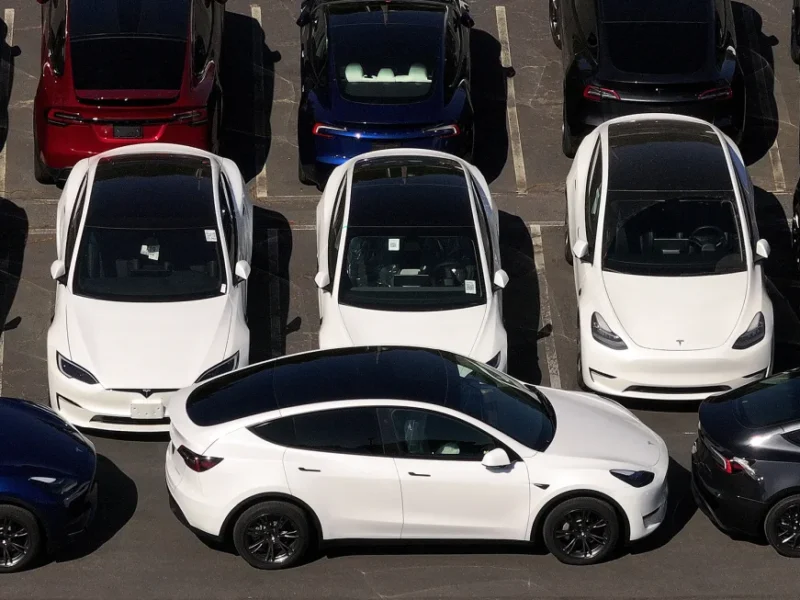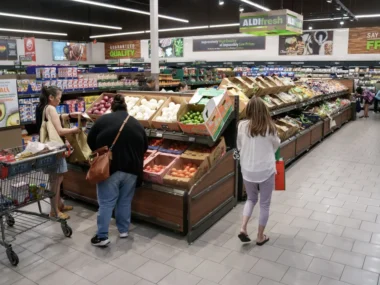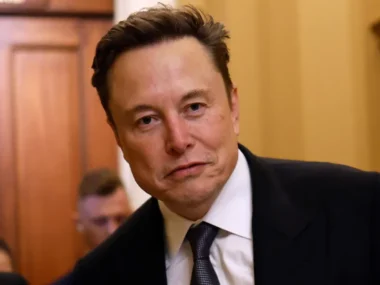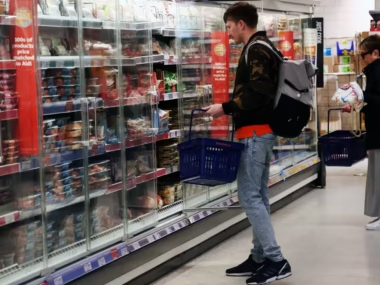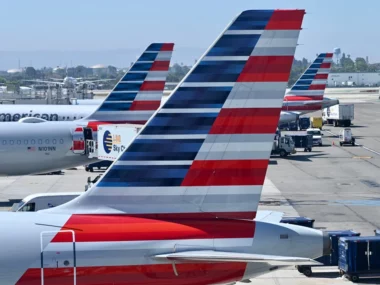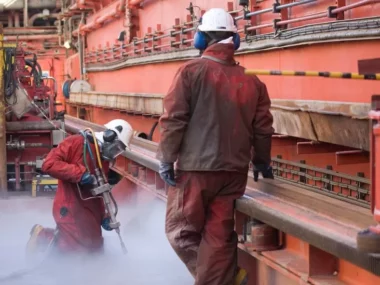Tesla’s second-quarter profits plummeted by more than 40% compared to the same period last year. This decline is attributed to increased competition from established automakers and a slowdown in overall electric vehicle sales growth.
This sharp drop contrasts with Tesla’s previous growth, which had made it the world’s most valuable automaker due to surging sales and profitability.
These results highlight Tesla’s current struggle with intensified competition from both domestic and international rivals as the EV market matures and consumer interest growth slows.
Tesla reported an adjusted income of $1.8 billion for the quarter, equating to 52 cents per share, falling short of analysts’ expectations of 61 cents per share and down from 91 cents per share a year earlier. The company’s profit margin significantly decreased due to a series of price cuts on its EVs.
The April to June period marked the second consecutive quarter of year-over-year sales declines for Tesla, the first time the company has experienced consecutive quarterly sales volume drops since going public. The only other sales decline quarter was early in the pandemic when factory closures were mandated.
Tesla did not provide a new annual sales target but cautioned that the vehicle volume growth rate in 2024 might be notably lower than in 2023. CEO Elon Musk criticized the quality of EVs from other automakers on an investor call, suggesting they pose only a short-term challenge for Tesla. He reiterated Tesla’s belief in a future dominated by fully electric transportation systems, including cars, planes, and ships.
Musk also announced that detailed plans for fully automated robotaxis would be released in October, rather than the previously scheduled August. Although Tesla refers to its driver assist feature as “Full Self Driving,” it still requires driver oversight. Regulatory and technical hurdles remain before Tesla can offer driverless robotaxis.
Musk expressed optimism about achieving fully automated driving by the end of this year or next, though he acknowledged his previous predictions have been overly optimistic.
Tesla faces federal investigations into some of Musk’s claims about Full Self Driving capabilities and has previously been under Department of Justice inquiry, though the current status is unclear.
Additionally, plans to build an assembly plant in Mexico have been paused until after the presidential election due to a threat by Republican nominee Donald Trump to impose tariffs on vehicles imported from Mexico. Musk, a Trump supporter, has endorsed him and pledged significant financial support for his re-election efforts. Trump’s similar tariff threats in 2019 were never enacted.
Tesla’s shares dropped over 8% in after-hours trading and are down about 1% for the year as of Tuesday’s close, recovering from a nearly 44% decline earlier this year.

